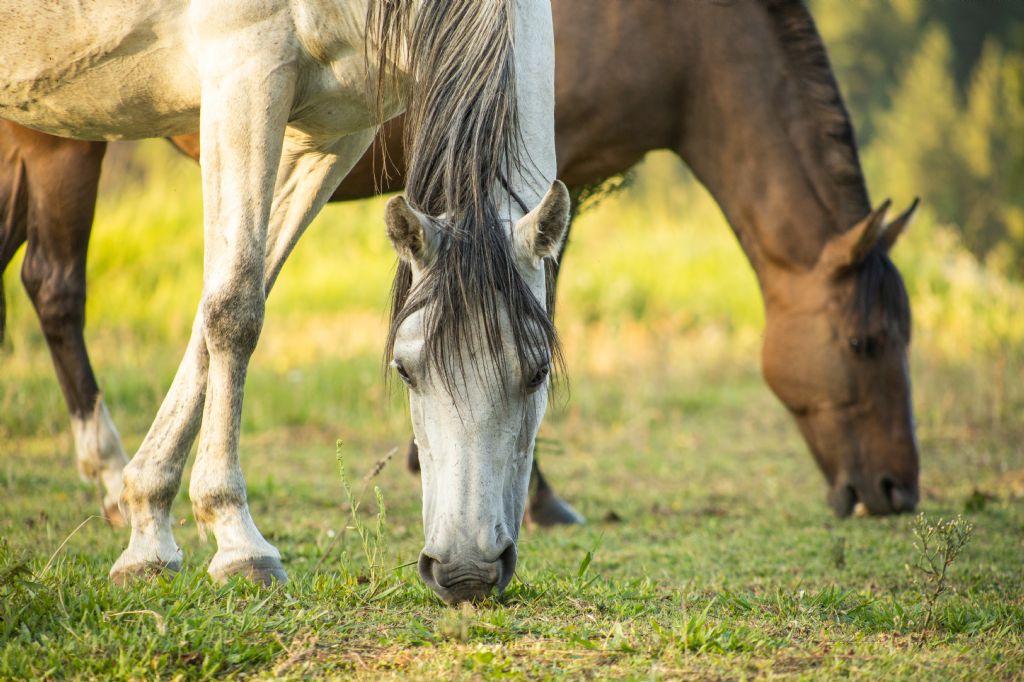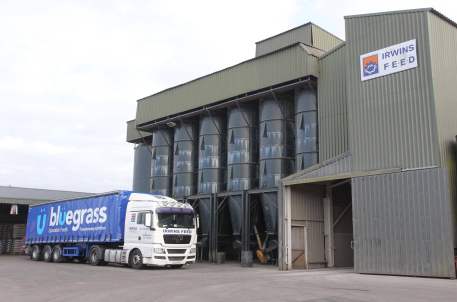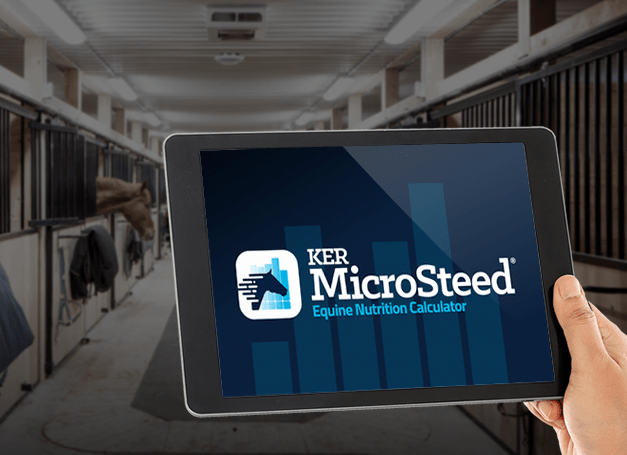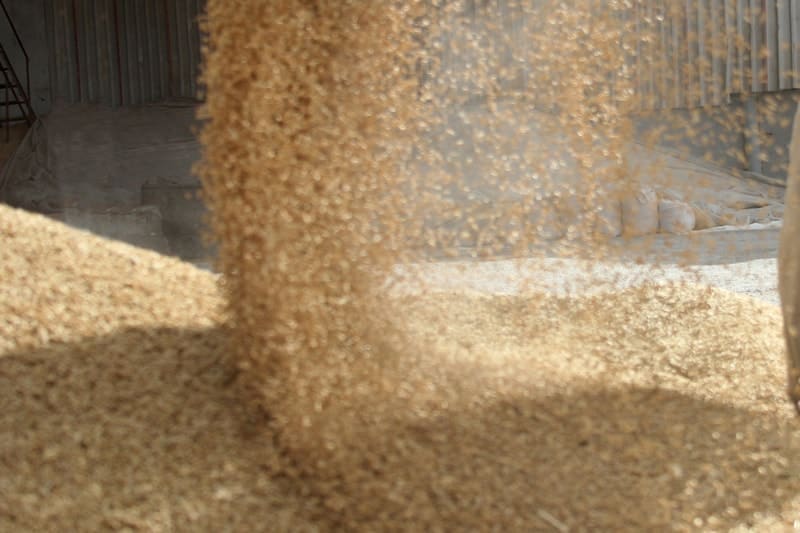Bluegrass News
Parasites can be a big concern to our horses causing health issues such as weight loss, diarrhoea, colic or even fatality in some cases. Correct nutrition plays an important role in the recovery of a parasitic burden but also in helping with preventing large parasitic infestations.
A targeted worming approach has recently become more popular, with owners incorporating a “test before your treat” approach to worming by the use of faecal worm egg counts, Equisal tests and pasture management techniques.
One of the most common equine parasites in the UK and Ireland are Cyathostomins, also known as small redworm. At only around 2.5cm long, they reproduce in large numbers and can cause severe damage to the gut wall. Their lifecycle can vary in length relative to the time of year, from a couple of weeks to months or years, the L3 larvae encyst within the intestinal mucosa, known as encysted small redworm, commonly more active in the colder/ winter months. During this encysted state, these larvae can then grow and mature, feeding off the host (horse). The big issues with these encysted small redworms are the mass emerge from their encysted state damaging the gut wall, causing colitis, also known as larval Cyathominosis.
Several other equine parasites can cause issues to our horses such as tapeworm which is commonly related to colic, bots, pinworm and roundworm. Targeted testing allows owners to help first identify parasitic burdens, treat if necessary with an appropriate chemical and help to monitor and manage parasites on their yards.
How can nutrition help?
Once a parasitic burden has been identified and effectively treated, the damage to the gastrointestinal tract requires so support to aid with repair and in some cases, weight gain and overall condition may need improving. A wide range of Bluegrass Horse Feed products contains both probiotics and prebiotics to help support gut health, along with high fibre contents to promote and support the gut microbiome (good bacteria).
In the case where weight and condition have been negatively affected by a parasite burden, a high fat, high fibre, low starch feed is a good option to help with both improving condition but also supporting gut and gastric health. Bluegrass Re-Leve or Re-Solve are both products that are suitable for these types of horses, both containing Equi-Jewel, Stamm 30, proprietary yeast cultures and low in starch.
Helpful pasture management tips
- Poo pick frequently – this breaks the lifecycle and helps reduce the larvae on the pasture
- Use bio-hoovers – sheep and cattle are great for reducing larvae level in horse pastures
- Avoid overgrazing
- Avoid feeding forage or hard feed on the ground
- Avoid introducing new stock before testing
For more information on parasite control and nutritional impacts contact our nutritional advisors – info@bluegrasshorsefeed.com
Did you know our team member Ashley Neely, is an SQP and owners of EFEC Nutrition and faecal worm egg count business in Northern Ireland? Check out her website www.efecnutrition.com







.jpeg)




